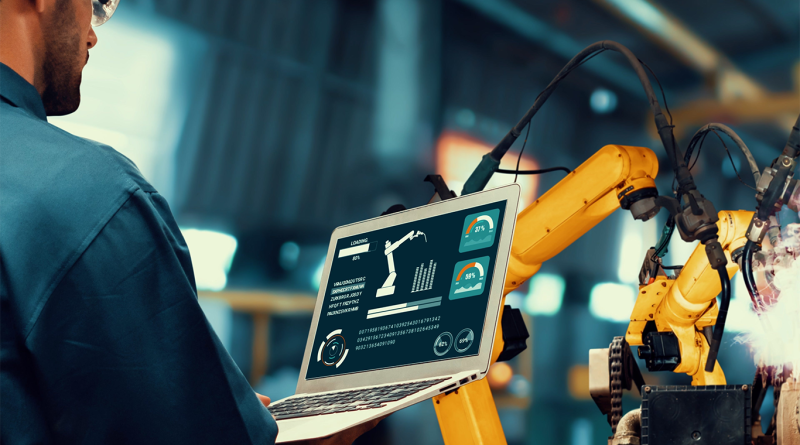AI and ML are Pioneering a New Era in North American Factories
The North American manufacturing landscape is undergoing a significant transformation, driven by the integration of artificial intelligence and machine learning technologies. These advancements are reshaping traditional production processes, enabling companies to enhance efficiency, adapt to evolving market demands, and maintain a competitive edge.
Adoption of AI and ML in Manufacturing
Manufacturers across North America are increasingly integrating AI and ML into their operations to streamline product design and production according to a new research report published by Information Services Group (ISG), a leading global technology research and advisory firm. The pressure to accelerate time-to-market for new products has led companies to adopt AI-enabled tools that facilitate efficient design processes and rapid prototyping. For instance, generative AI platforms are being utilized to automate complex design tasks, reducing the time and resources required for product development.
These technologies analyze vast datasets to generate innovative design solutions, enabling engineers to explore a wider array of options and optimize products for performance and cost-effectiveness. The implementation of AI in manufacturing extends beyond design. On the production floor, AI-driven systems monitor equipment performance in real-time, predicting potential failures before they occur. Additionally, AI algorithms optimize production schedules and manage inventory levels, ensuring that resources are utilized effectively and that supply meets demand without overproduction.
Shifting Business Models
The infusion of AI and ML into manufacturing is prompting a shift from traditional product-centric models to service-oriented approaches. Companies are exploring new revenue streams by offering subscription-based services, pay-per-use arrangements, and asset-as-a-service models.
After-sales services have become a focal point in this new paradigm. Manufacturers are leveraging AI to offer predictive maintenance services, where data from connected devices is analyzed to foresee and address issues before they escalate. With AI-driven insights, companies can offer personalized services tailored to individual customer needs, thereby differentiating themselves in a competitive market.
Enhancing Supply Chain Resilience
Recent global disruptions have underscored the vulnerability of traditional supply chains. In response, North American manufacturers are adopting AI and ML to build more resilient and responsive supply networks.
Cloud-based supply chain management systems, enhanced with AI-driven analytics, provide real-time visibility into every facet of the supply chain, from raw material sourcing to product delivery. These systems can predict potential disruptions by analyzing patterns and anomalies, enabling companies to take preemptive actions to mitigate risks.
Addressing Cybersecurity and Data Privacy
The digital transformation of manufacturing processes brings with it heightened concerns about cybersecurity and data privacy. Operational technology systems, which control industrial operations, are increasingly interconnected, making them potential targets for cyberattacks. Many of these systems were not originally designed with security in mind, and their integration with modern IT networks introduces vulnerabilities.
Manufacturers are prioritizing the protection of their critical infrastructure by implementing robust cybersecurity measures. This includes regular assessments to identify and address vulnerabilities, deploying advanced threat detection systems, and establishing comprehensive incident response plans. Employee training programs are also essential, as human error can often be a weak link in security defenses.
The convergence of AI with other emerging technologies, like the Internet of Things and 5G connectivity, will further enhance the capabilities of smart factories. AI and ML are catalysts propelling North American manufacturing into a new era of efficiency, resilience, and customer-centricity. With the appropriate integration of these technologies, manufacturers can navigate the complexities of the modern market and secure a sustainable competitive advantage.
Sources:
To keep up-to-date with our latest manufacturing news, subscribe to our newsletter today.
